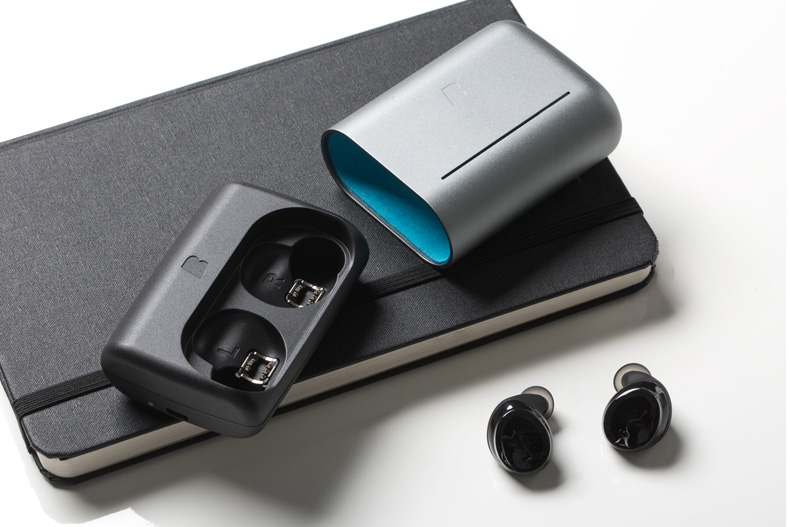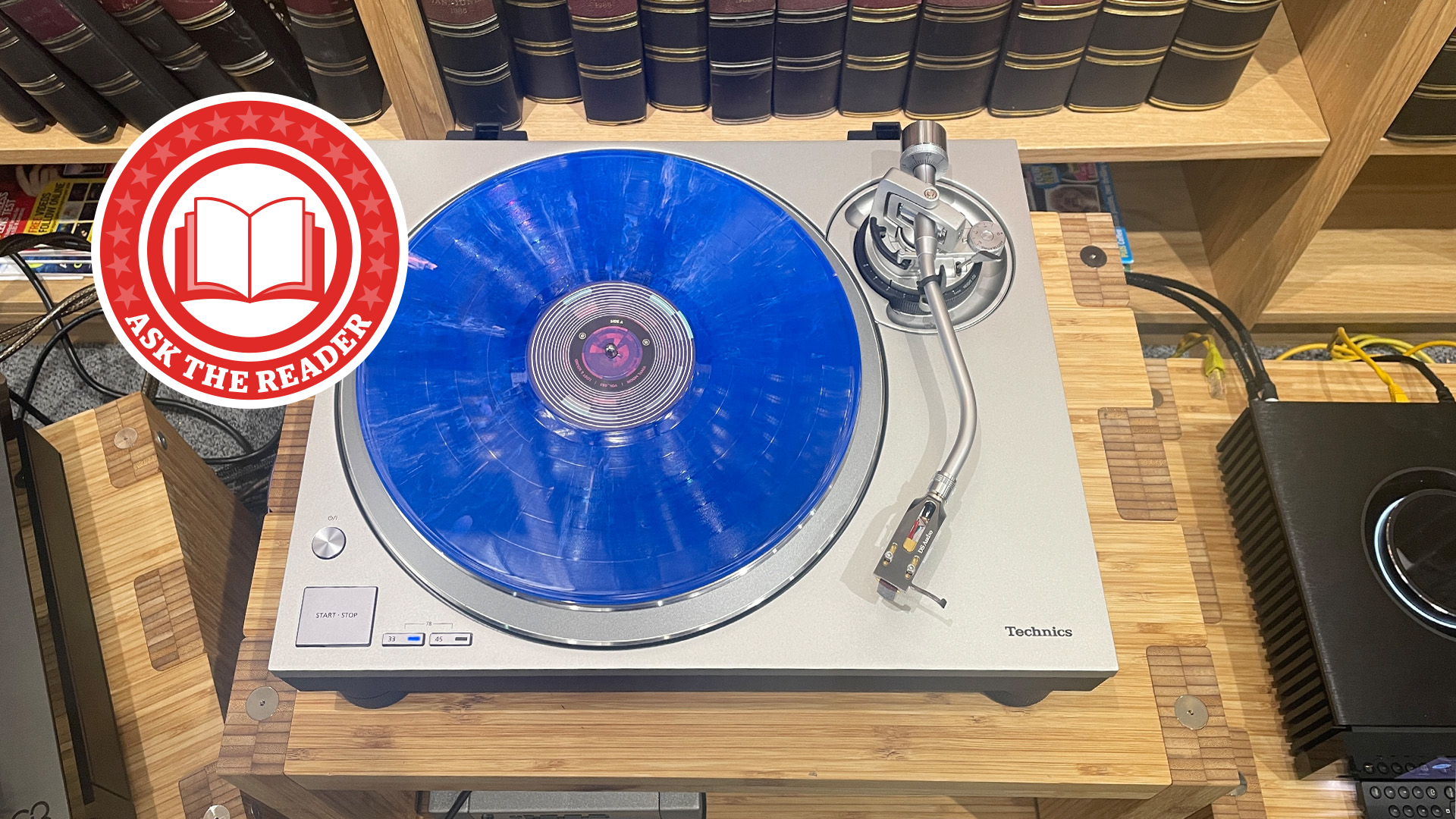CES 2018: Bragi is working on tailor-made listening experiences
The company says its headphones could protect your ears from loud noises, as well as change their settings depending on environment.

Bragi, the company behind the "world's first" smart wireless headphones, is moving to make sound quality more personalised by collaborating with Mimi Hearing Technologies in Germany.
The aim is to develop better sound amplification and hearing enhancements, which could include "protecting your ears from dangerously loud noise" and utilising "state-of-the-art hearing technologies that amplify your surroundings selectively and intelligently".
It sounds impressive, but headphones that adjust themselves - whether that be to your head, or for your hearing - aren't new. Bragi's even got such technology built into its existing headphones.
From other manufactuers, the Sony MDR-1000X from 2016 and the 2017 WH-1000XM2 both fire out test-tones to measure your head- and ear-shape before doing some number-crunching to give you the best noise-cancelling (and sound quality) possible.
Similarly, Nuraphones' in-ear-cum-on-ear headphones also promise a personalised listening experience through a proprietary self-learning engine that automatically measures your hearing by monitoring otoacoustic emissions.)
Bragi says there is the possibility of "personalised hearing enhancement in a multitude of different settings including the home, office, jobsite and even outdoor sport environments", which means you could walk off the street into your office and have your listening experience change without touching a thing.
Sounds a lot more futuristic than controlling your music by tapping your cheek...
The latest hi-fi, home cinema and tech news, reviews, buying advice and deals, direct to your inbox.
MORE:
CES 2018 news, highlights and best new products
AKG announces N5005 in-ear headphones, yours for £1000
JBL launches Google Assistant headphones and new wireless speakers
CES 2018: Mars wireless earbuds can translate conversations in real-time
New Debussy headphones boast OLED touchscreens and AI smarts
Adam was a staff writer for What Hi-Fi?, reviewing consumer gadgets for online and print publication, as well as researching and producing features and advice pieces on new technology in the hi-fi industry. He has since worked for PC Mag as a contributing editor and is now a science and technology reporter for The Independent.
